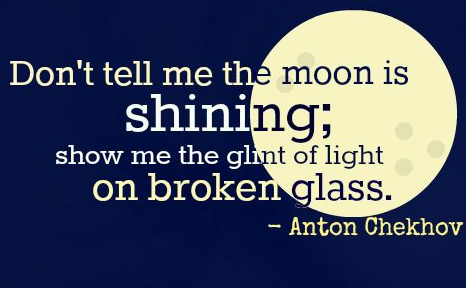
I write a lot about rejection because it’s a part of life if you’re an unpublished author seeking a literary agent or publishing contract. Many would-be authors allow a simple rejection to end their attempts at writing. Their thought – I must not be good enough. Well maybe that’s true, but odds are it is not.
Manuscripts are rejected for numerous reasons, and many have nothing to do with your work. So what are you supposed to do if you receive a rejection?
- Admit it hurts.
- Allow yourself time to grieve, but never take more than a week.
- Nurture your artist. Read a good book, take a walk, eat some chocolate… TLC is a good thing, but don’t wallow in self-pity.
- Share your news and disappointment with close friends and family who will understand and offer encouragement.
- If you must, write a rebuttal to the editor or literary agent, but don’t send it. Tear it up and throw it in the trash. Your only response should be a thank you for their time and consideration.
- Just because your work wasn’t right for that particular editor or agent, doesn’t mean it won’t be right for another.
- Remember just because it isn’t ready for publication, doesn’t mean you can’t make it publishable.
A writer not being able to deal with rejection, is like a doctor not being able to deal with death. It’s going to happen, and like successful authors, you will have to learn to live with it.
-Jan R



 It seems like it’s been a long time since I truly sat down to write. I’ve been doing posts, but mainly older blogs revisited or simple quotes.
It seems like it’s been a long time since I truly sat down to write. I’ve been doing posts, but mainly older blogs revisited or simple quotes. Ninety-nine out of one-hundred new writers make the same major mistake. I know I did. They fail to plunge their hero or heroine into trouble at the beginning of the novel. If you don’t pique the interest of your reader from the start, they won’t make it through the first chapter.
Ninety-nine out of one-hundred new writers make the same major mistake. I know I did. They fail to plunge their hero or heroine into trouble at the beginning of the novel. If you don’t pique the interest of your reader from the start, they won’t make it through the first chapter. Spoiler alert! If you were one of the eight people that read this blog two weeks ago, you are experiencing deja vu. I thought it was a good blog, but one thing I’ve learned over the last two years, is the title can make you or break you.
Spoiler alert! If you were one of the eight people that read this blog two weeks ago, you are experiencing deja vu. I thought it was a good blog, but one thing I’ve learned over the last two years, is the title can make you or break you. We’ve talked about weak and strong verbs, but did you know the same holds true for nouns? I never really thought about it, until I took an online class that talked about strong and weak nouns. My first thought on weak nouns; the instructor has to be referring to pronouns. Well he wasn’t and that is a subject for another day.
We’ve talked about weak and strong verbs, but did you know the same holds true for nouns? I never really thought about it, until I took an online class that talked about strong and weak nouns. My first thought on weak nouns; the instructor has to be referring to pronouns. Well he wasn’t and that is a subject for another day. So how do you do it? It’s so easy to write blogs on finding time to write, or finding motivation to write. All of the tips and recommendations sound great, until you’re in the same boat as those people you are trying to help.
So how do you do it? It’s so easy to write blogs on finding time to write, or finding motivation to write. All of the tips and recommendations sound great, until you’re in the same boat as those people you are trying to help.